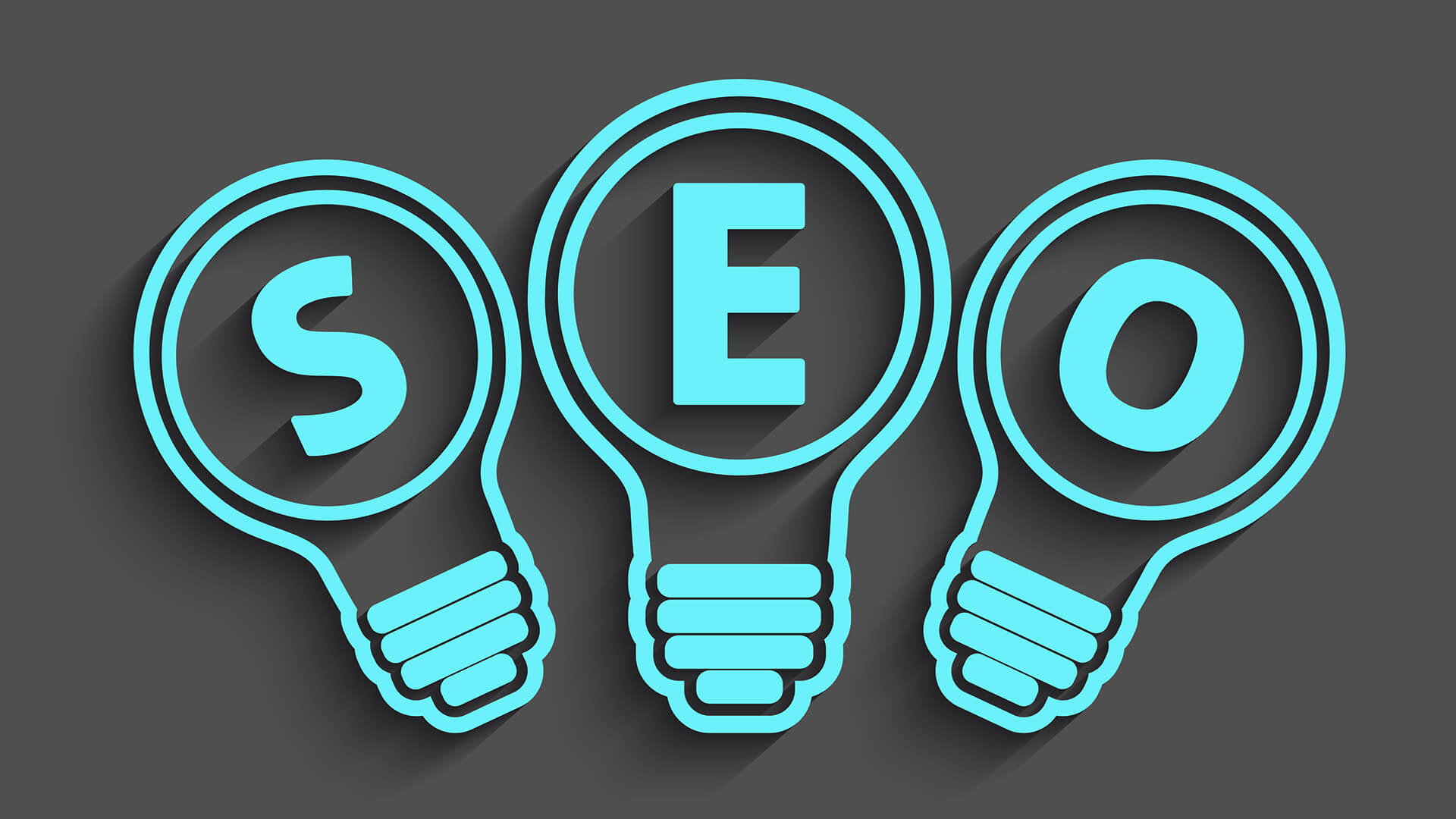SEO 101: What is SEO and Why Does Your Business Need It?
Posted in Digital Marketing, SEO, Tech on

For starters, SEO stands for Search Engine Optimization. But since that’s a mouthful, we abbreviate it to SEO.
SEO is a lot of things and can get very nuanced and complex. As a result, a lot of business leaders and small marketing teams feel intimidated and don’t prioritize it. But your business’s SEO doesn’t have to be intimidating.
What exactly is SEO?
Think about Google for a minute…is your new bed & breakfast showing as a top result when people search “lodging near me”? Do your competitors’ websites always show above yours on the results page?
That is SEO at work.
SEO is a combination of technical tasks recommended for your actual website as well as content placed both on and off your website.
And it’s important to keep in mind that SEO for your business isn’t a one-and-done tactic. Let’s think of this as a continuous game-plan!
SEO tasks include things like:
- Inputting a custom keyphrase on webpages (this tells search engines what your page is about)
- Creating custom SEO titles (this is what shows up on the search results page)
- Writing custom meta descriptions (this is the 2-3 sentence description that shows under the search results)
- Indexing your site to search engines (it’s a way of telling search engines — “hey, look at me!”)
- Having your web pages linked from other sources – also called backlinking (don’t just randomly link your site places though, that will get you in trouble!)
- Writing fresh content for your site that will attract new visitors (blogs are great for this)
- Running a consistent social media page
- Submitting press releases to local media outlets that will link back to your site
Everything listed above (and the long list of other things included in an SEO strategy) plays into your organic SEO. And fun fact, you can cheat a little by also having a paid SEO strategy using things like Google Ad campaigns — but stay tuned for more on that later!
Bottom line: your SEO strategy determines how easily your business appears to people who are searching online.
How Does SEO Work?
Having a business SEO strategy means taking the steps to improve where and how your website appears in organic (and even paid) search results so that when people look for you or services like yours, they can find you right away.
Now this puts your website in a position for more clicks and high-quality traffic.
Behind the scenes, major search engines implement “crawlers” (also known as bots or spiders) to search through all things searchable. Those crawlers learn how your website links to related pages, tags, and pathways to archive information.
From there, search engines like Google sort through and categorize keywords to match your site to relevant search results.
All this to say, you want these crawlers to guide qualified leads to the landing page you’ve worked so hard on because organic searches can’t be bought. Plus it’s A LOT cheaper than relying on buying your leads through a paid-only strategy.
Why Does My Business Need SEO?
When done right, SEO becomes your way to invite more intentional, warm leads into your world versus interrupting theirs with ads. And here’s why it works:
- People searching for your products or industry see you at the top of their results. If they didn’t know your name already, they do now!
- Consumers tend to scan search results, giving you 5-7 seconds to stand out. Having your URL at the top with a customized relevant title gives your business a fighting chance to grab their attention in that timeframe.
- Interested searchers are more likely to click through and become qualified customers or leads.
- BONUS: Searchers who recognize your name from results are more likely to click, watch, or listen to the ads you run… now your optimization is doing the work for you!
An effective SEO strategy builds trust in your brand, is aligned with your business goals, and works hand-in-hand with your other marketing efforts. If your social media pages and local news ads are fantastic, don’t you want consumers to find your website easily when they’re ready to shop?
Can SEO Help My Business Appear In Search Results?
What makes this piece of your marketing plan seem so intimidating is the amount of time it takes.
But at the end of the day, a little over 95% of clicks come from that first page of search results. Additionally, the #1 organic result is 10 times more likely to be clicked than any result that falls at #10. Who wouldn’t want in on those organic searches?
Now, remember, if you’re new to SEO you won’t see results instantly. Organic SEO is looking at the long game. But don’t let that keep you from taking the first step! Here are a few easy tools and tips to help you get started:
- Try Google’s free beginner-friendly optimization tool, Search Console — This keeps you in the loop with how your site is performing in user searches.
- Download the YOAST plugin — this is a great tool to customize your page titles, descriptions, keywords
- Give your pages specific keywords — Title each page with a relevant, searchable phrase. Sprinkle key words in your sub-header and body. Let those crawlers know what your pages are about.
- Make sure your pages have content — If you offer classes, include a descriptive overview of what’s offered. If you provide catering services, make it easy to find your packages and menu. No need to write 3 paragraphs, but the more info on your webpages the more keywords Google has to categorize.
If this all still sounds like a lot, we understand!
SEO for business is complex, and if the thought of optimizing your own website makes you sweat we have experts on our team who specialize in making SEO look easy. Send us a quick email to discuss a solution tailored to your business goals.


